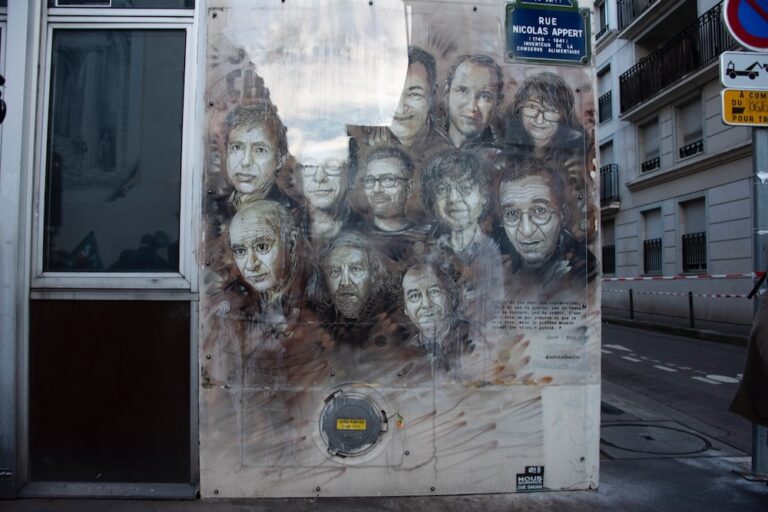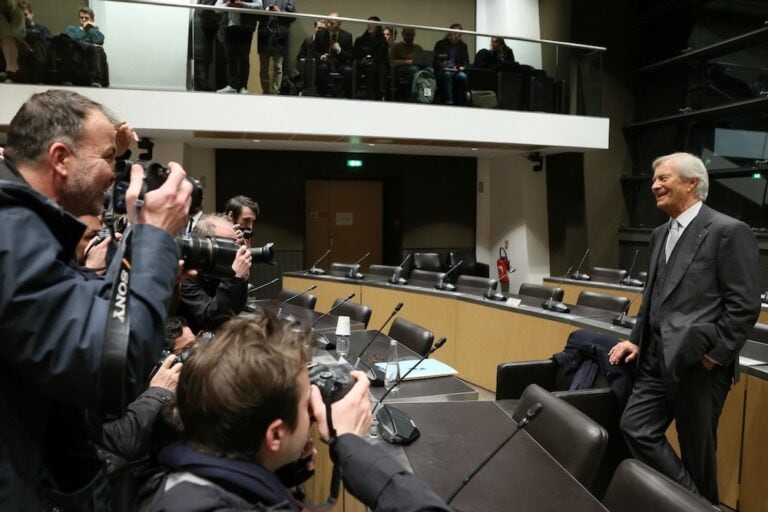(RSF/IFEX) – Minutes from tapped telephone exchanges published by the newspaper “Le Monde” have proven that Laïd Sammari, a journalist with the newspaper “l’Est républicain”, was placed under telephone surveillance in 2002, following the request of a judge from the French National Anti-Terrorist Service (Division nationale de lutte antiterroriste, DNAT). In 2000 and 2001, six […]
(RSF/IFEX) – Minutes from tapped telephone exchanges published by the newspaper “Le Monde” have proven that Laïd Sammari, a journalist with the newspaper “l’Est républicain”, was placed under telephone surveillance in 2002, following the request of a judge from the French National Anti-Terrorist Service (Division nationale de lutte antiterroriste, DNAT). In 2000 and 2001, six other journalists also had their telephones tapped in the context of an investigation targeting the Corsican nationalist leader François Santoni.
RSF is surprised that the French justice system is so often relying on journalists to strengthen some of their cases, particularly in Corsican affairs. The organisation is concerned by the increasing frequency with which the principle of the protection of journalistic sources is being called into question in France. Despite the “legality” of telephone tapping, the fact that judges are brushing off the principle of confidentiality of journalistic sources has increasingly become a serious press freedom issue in France.
RSF demands a modification of legislation in this area. Since September 2001, the organisation has called for an amendment of the Criminal Code (Article 109, Paragraph 2) to better protect journalists’ right not to reveal the sources of information gathered in the course of their work. The French courts are increasingly putting pressure on journalists to reveal their sources. Questioning, placement in police custody and indictments are used to force journalists to assist the courts or police in their efforts. The DNAT detained Gamma agency photojournalist Jean-Pierre Rey for almost four days in September 2001. Four other journalists were similarly detained in the preceding twenty months (see IFEX alerts of 18 April, 1 February and 16 January 2002 and 10 September 2001).


